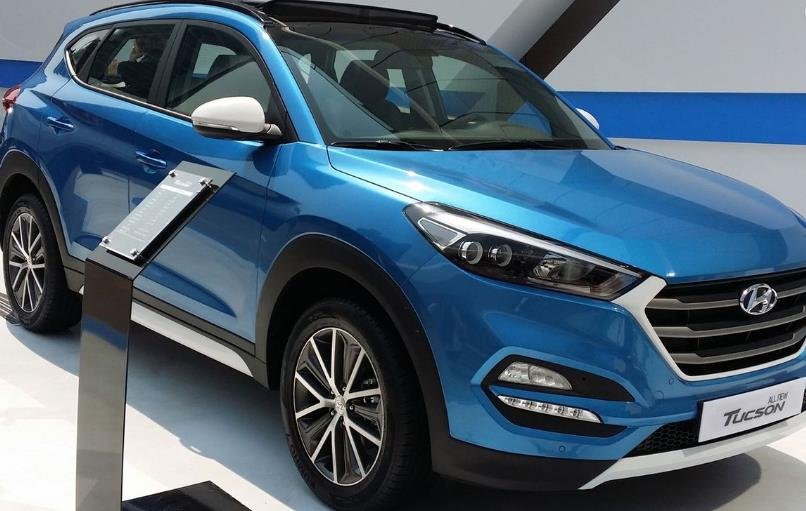South Korea’s Hyundai Motor Group has agreed to build a car plant in Saudi Arabia jointly with the Public Investment Fund (PIF), Saudi Arabia’s sovereign wealth fund, South Korea’s President Yoon Suk Yeol announced on Monday. The agreement was signed in Riyadh, where Yoon met with Saudi Crown Prince Mohammed bin Salman, the kingdom’s de facto ruler.
The car plant will have an annual production capacity of 50,000 electric and gas-powered cars and will be the first South Korean automobile factory in the Middle East, the Korean industry ministry said in a statement. The plant is expected to start production in 2026 and will create about 6,000 jobs in Saudi Arabia.

Hyundai Motor Group aims to expand its presence in the Middle East market
Hyundai Motor Group, the world’s No. 3 auto group by sales, is embarking on manufacturing in the Gulf state as Saudi Arabia has been trying to shift its economy away from oil and is aiming to manufacture more than 300,000 cars annually by 2030. Saudi Arabia is also one of the largest markets for Hyundai Motor Group in the region, with a market share of about 16% in 2022.
Hyundai Motor Group Executive Chair E.S. Chung, who accompanied Yoon on his visit to Saudi Arabia, said that the car plant will help Hyundai Motor Group enhance its competitiveness and brand value in the Middle East market. He also said that Hyundai Motor Group will cooperate with Saudi Arabia in developing “green” hydrogen, which can be used as a clean energy source for vehicles and industries.
Hyundai Motor Group plans to invest $7.4 billion in Saudi Arabia by 2030
The car plant is part of Hyundai Motor Group’s plan to invest $7.4 billion in Saudi Arabia by 2030, which includes projects in various sectors such as mobility, smart cities, robotics, artificial intelligence, and health care. The plan is also aligned with Saudi Arabia’s Vision 2030, which aims to diversify the kingdom’s economy and reduce its dependence on oil revenues.
Yoon praised the partnership between Hyundai Motor Group and PIF as a “win-win” cooperation that will benefit both countries. He also expressed his hope that the car plant will serve as a catalyst for further economic and cultural exchanges between South Korea and Saudi Arabia.
